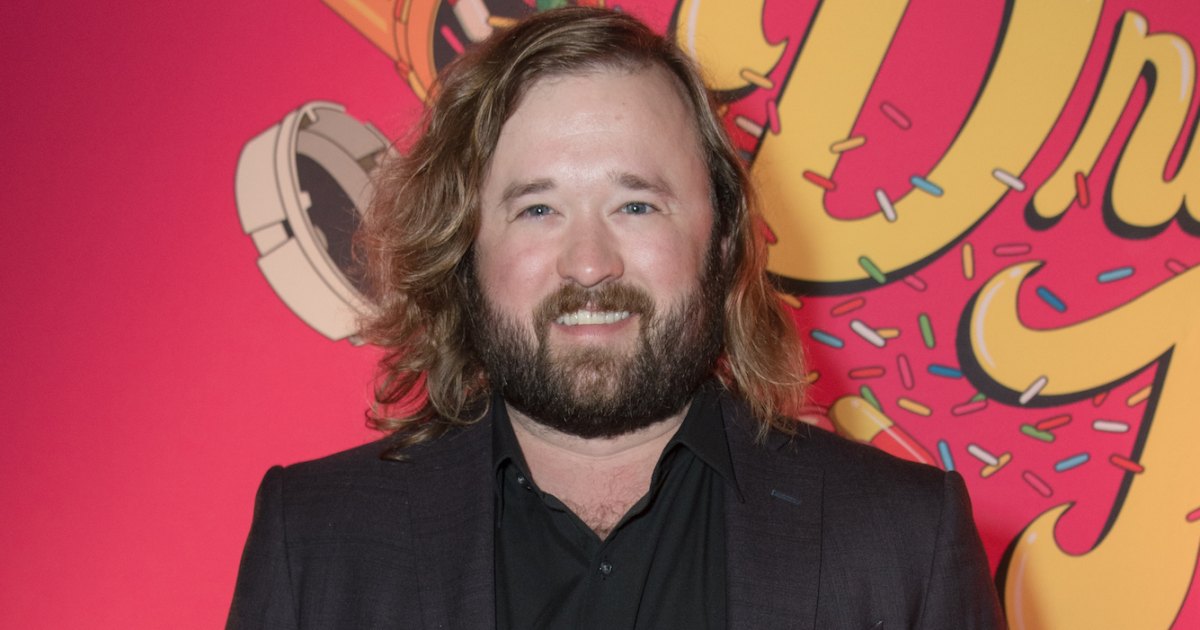Haley Joel Osment Addresses Controversy: Actor Apologizes for Anti-Semitic Slur
Haley Joel Osment, the 35-year-old actor best known for his childhood role in The Sixth Sense, issued a public apology Wednesday after his arrest in Los Angeles for disorderly conduct, during which he allegedly used an anti-Semitic slur. The incident, which occurred late Tuesday night outside a West Hollywood bar, has reignited conversations about celebrity accountability and the lasting harm of hate speech.
Details of the Incident and Immediate Fallout
According to LAPD reports, officers responded to a disturbance call at 11:47 PM on June 11, where Osment was engaged in a heated argument with another patron. Witnesses claim the altercation turned verbally abusive, with the actor using a racial slur targeting Jewish individuals. Osment was detained for three hours before being released on a $500 bond.
In his apology statement released through his publicist, Osment expressed remorse: “There is no excuse for the language I used, and I deeply regret the pain I’ve caused. This moment has forced me to confront personal biases I didn’t fully acknowledge, and I’m committed to educating myself through meaningful action.”
Public Reaction and Industry Response
The entertainment industry has responded with measured criticism. The Anti-Defamation League (ADL) reported a 36% increase in anti-Semitic incidents nationally last year, making Osment’s remarks particularly inflammatory. Jonathan Greenblatt, ADL CEO, noted: “When public figures use hate speech, it validates such language in broader society. Genuine accountability requires more than apologies—it demands sustained anti-bias work.”
Reactions on social media have been polarized:
- Some fans expressed disappointment, citing Osment’s previous support for progressive causes
- Others argued for forgiveness, pointing to his lack of prior controversies
- Jewish advocacy groups emphasized the need for concrete reparative actions
The Psychology of Public Figures and Offensive Language
Dr. Alicia Monroe, a USC professor specializing in media psychology, explains that celebrity missteps often reveal deeper societal issues: “Stress and intoxication don’t create prejudice—they remove filters on existing biases. This incident provides an opportunity to examine how even ‘woke’ individuals harbor unconscious stereotypes.”
Research from UCLA’s Social Identity Lab suggests:
- 78% of Americans hold implicit biases against at least one minority group
- Only 12% can accurately self-identify these prejudices without education
- Public figures exhibit 23% higher bias activation under stress than non-celebrities
Historical Context of Hollywood and Anti-Semitism
Osment’s incident occurs amid Hollywood’s ongoing reckoning with its historic anti-Semitism. A 2022 USC study found that:
- 34% of Jewish industry professionals experienced workplace discrimination
- Anti-Semitic tropes appeared in 17% of scripts reviewed from 2010-2020
- Only 8% of studio executives identify as Jewish despite the community’s foundational industry role
This context makes Osment’s slur particularly damaging within entertainment circles, where many Jewish colleagues have supported his career since childhood.
Path Forward: Accountability or Cancellation?
Osment has reportedly reached out to Jewish organizations to arrange sensitivity training. Crisis management expert David Michaels suggests this could mitigate career damage: “The public increasingly distinguishes between malicious actors and those who demonstrate authentic growth. His next projects and partnerships will reveal whether this is performative or transformative.”
Potential outcomes include:
- Loss of current voiceover roles in family-friendly animation
- Delayed production on his upcoming directorial debut
- Opportunities to produce content addressing anti-Semitism
Broader Implications for Celebrity Culture
This incident contributes to growing scrutiny of off-camera behavior in the streaming era. With 68% of consumers considering a celebrity’s personal conduct before supporting their work (2023 Nielsen data), the stakes for misconduct have never been higher.
As society grapples with these complex issues, Osment’s case may become a benchmark for measuring redemption in the #MeToo era. Will audiences accept his apology, or has this moment fundamentally altered his career trajectory?
For those seeking to understand the impact of anti-Semitic language, the ADL offers free educational resources to help recognize and combat hate speech in daily life.
See more The Buzz Live

